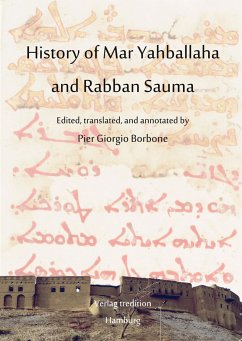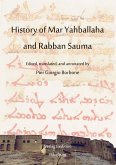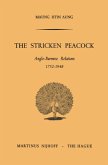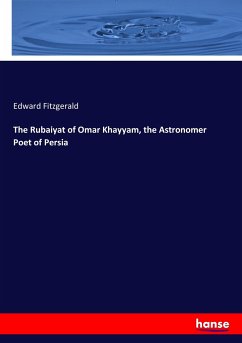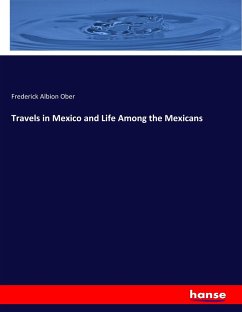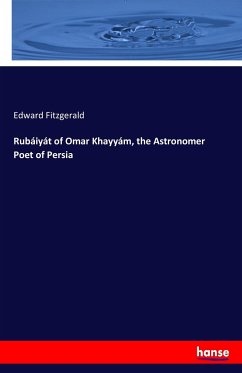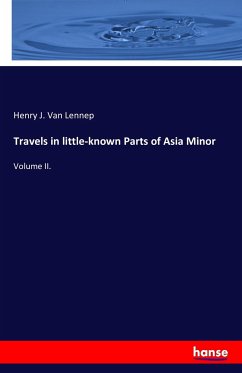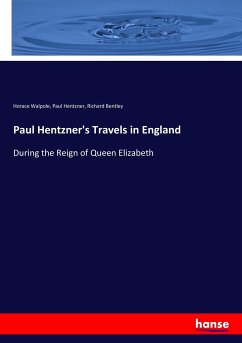This book tells a story of serendipity. Two Christian monks left China about 1274, headed to Jerusalem. Travelling on an itinerary similar to that of Marco Polo, they reached Iran, ruled by a Mongol dynasty, the Ilkhans. There, what they never had expected happened: one of them, Mark by name, was elected Patriarch of the Church of the East (with the name Yahballaha), while the other, Rabban Sauma, was sent as ambassador to the pope and to the courts of France and England by the Ilkhan Arghun.From Rabban Sauma's report of his embassy, and the two monk's memories of their journey from China to Mesopotamia, an anonymous author compiled a biography of Sauma and Mark. He interspersed their report and memories with a narrative about "the occurrences of their time - what happened to them, through them or because of them, relating everything just as it happened".The result was a chronicle titled "History of Mar Yahballaha and Rabban Sauma", of which a single manuscript was discovered in the late nineteenth century in the remote mountains of Hakkari (Eastern Turkey). The "History" is one of the more recent examples of classical Syriac literature, a major Christian literary tradition of the Near East.While the encounter with two Asian "Marco Polos" of sorts constitutes the "History"'s most immediate element of appeal for present-day readers, the work deserves to be read in its entirety, as a rich and lively testimony of a time of unprecedented interconnectedness in the history of Eurasia in the time of the Mongol Empire.

